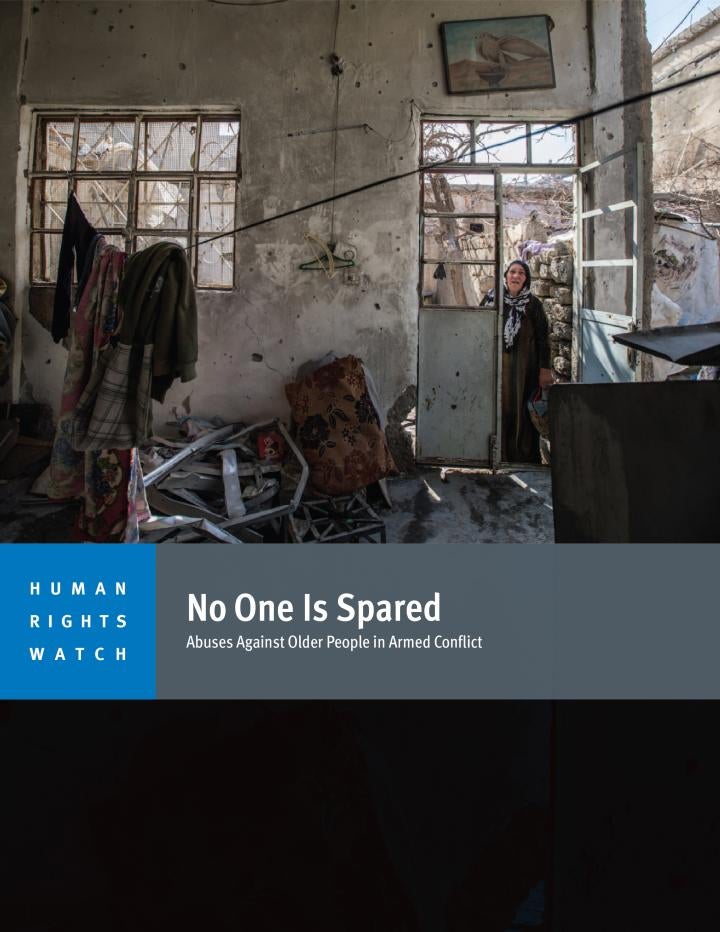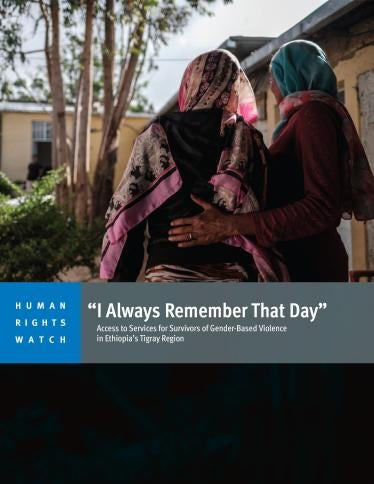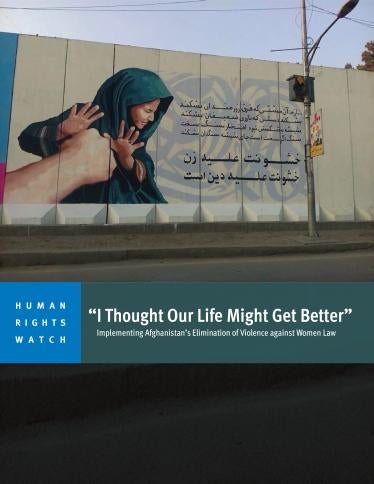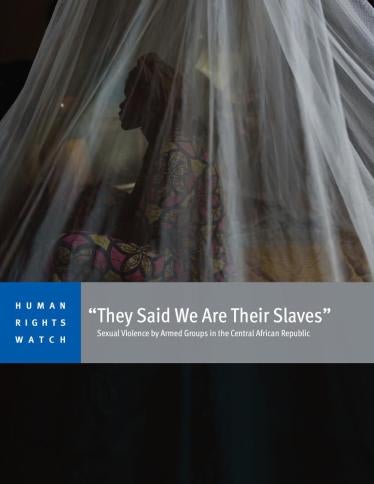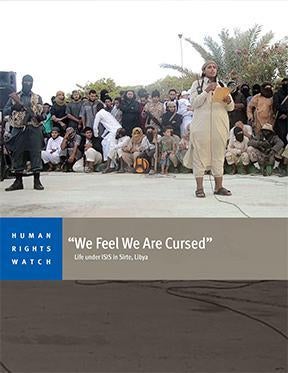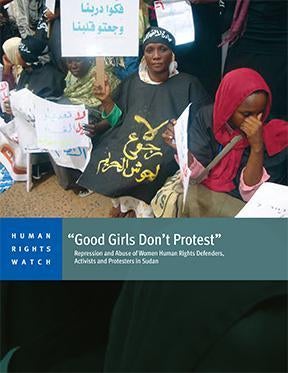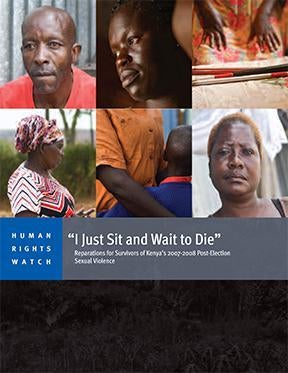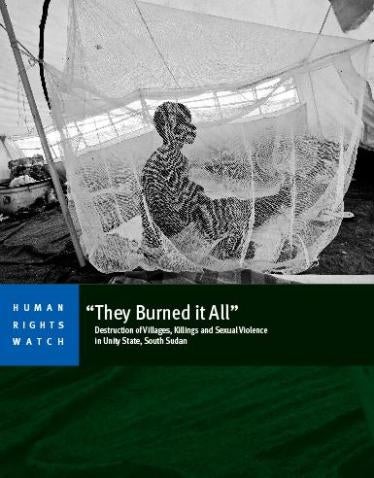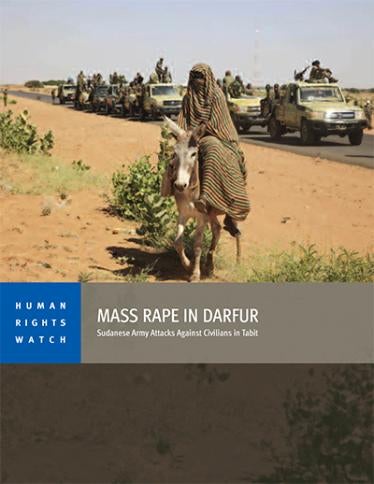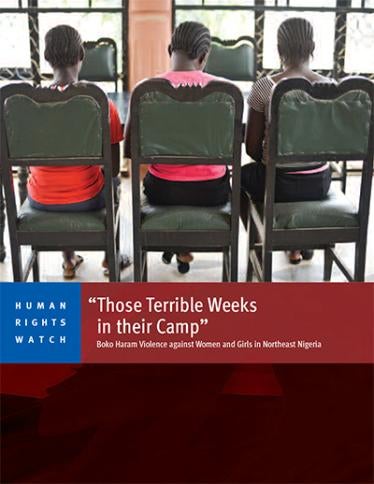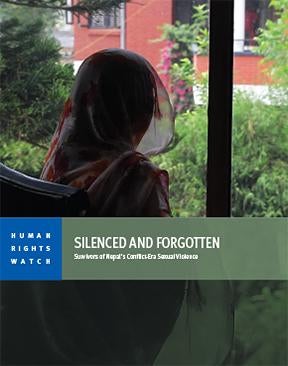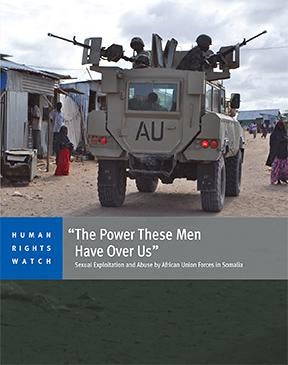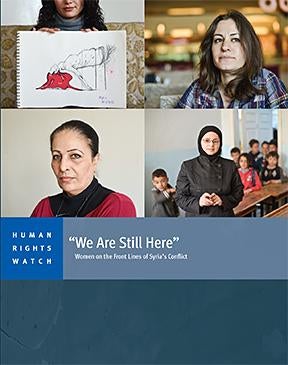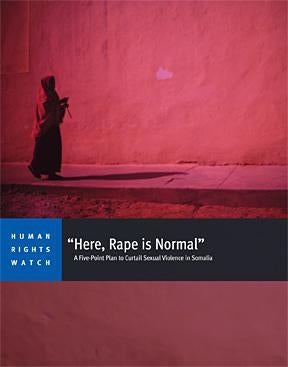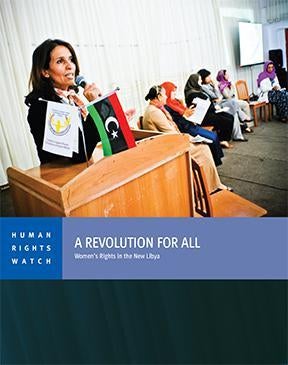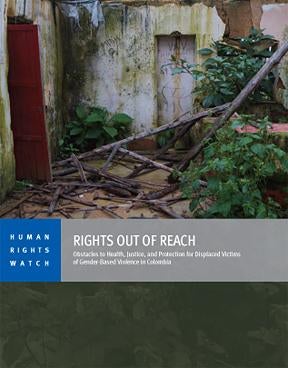No One is Spared
Abuses Against Older People in Armed Conflict
The 49-page report, “No One Is Spared: Abuses against Older People in Armed Conflict,” describes patterns of abuses documented by Human Rights Watch between 2013 and 2021 against older people affected by armed conflicts in Burkina Faso, Central African Republic, Ethiopia, Israel and the Occupied Palestinian Territory, Mali, Mozambique, Nagorno-Karabakh, Niger, South Sudan, Syria, and Ukraine. The report also draws on the serious protracted violence in two English-speaking regions of Cameroon, Myanmar security force atrocities against older ethnic Rohingya in Rakhine State, and the experiences of older refugees in Lebanon displaced by conflict in Syria.
